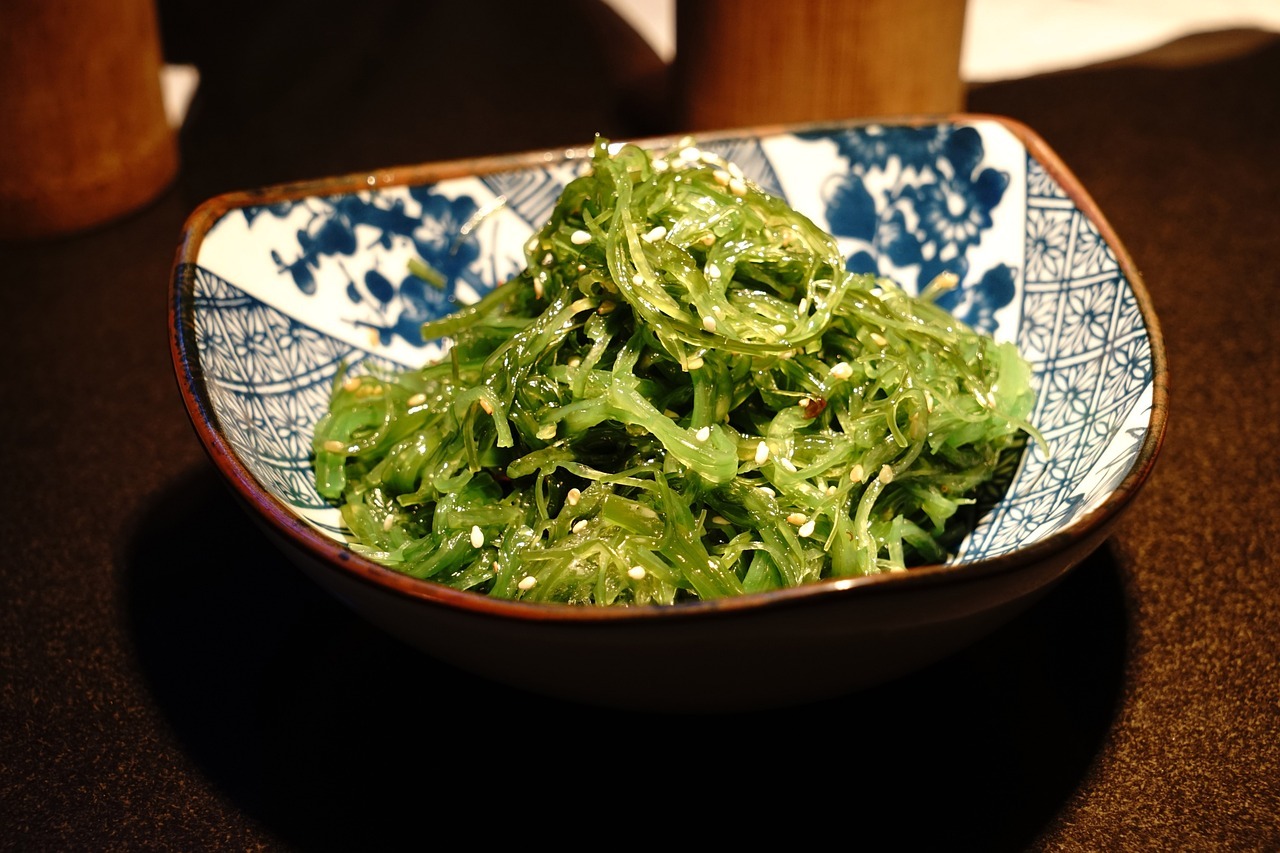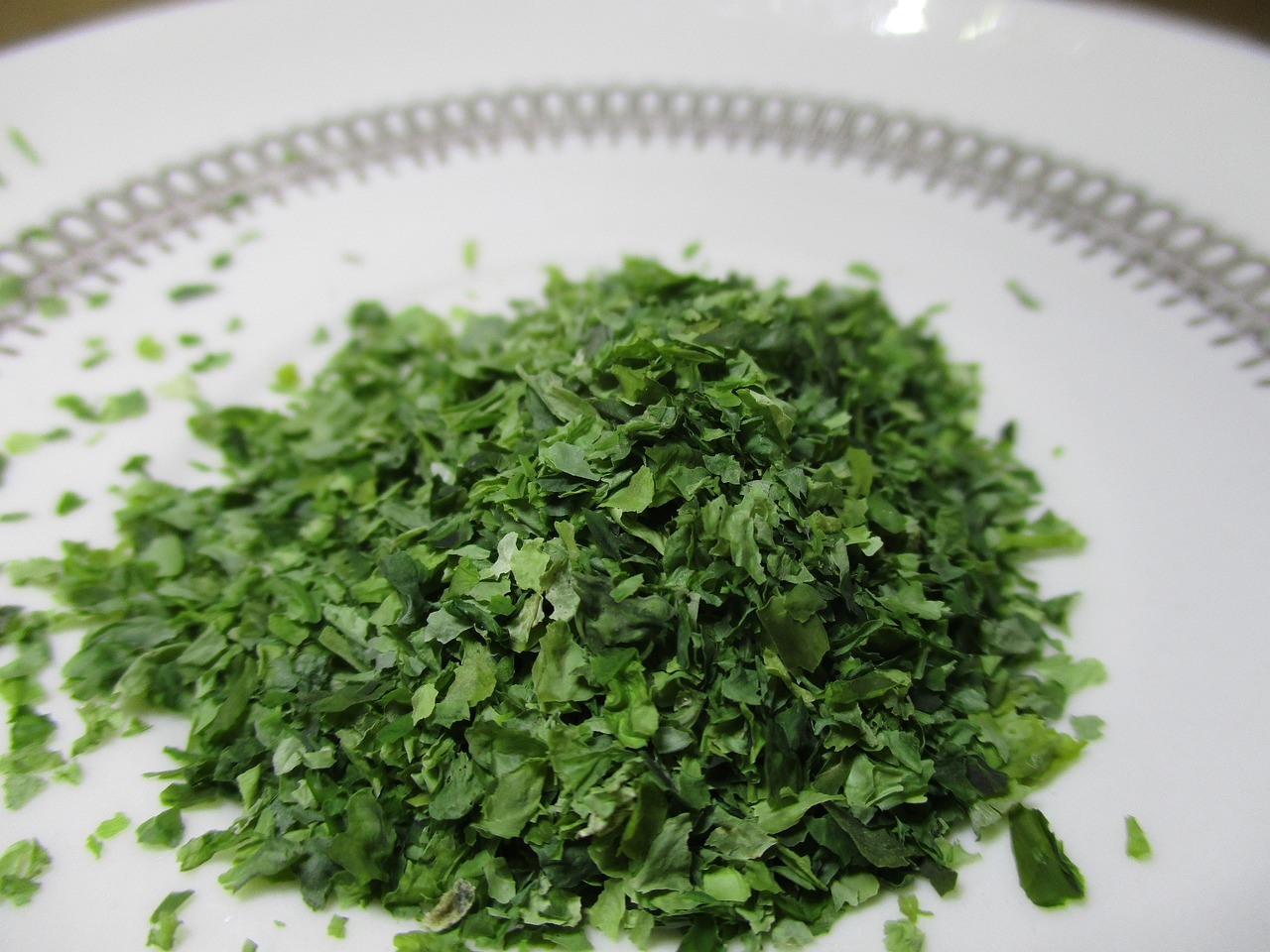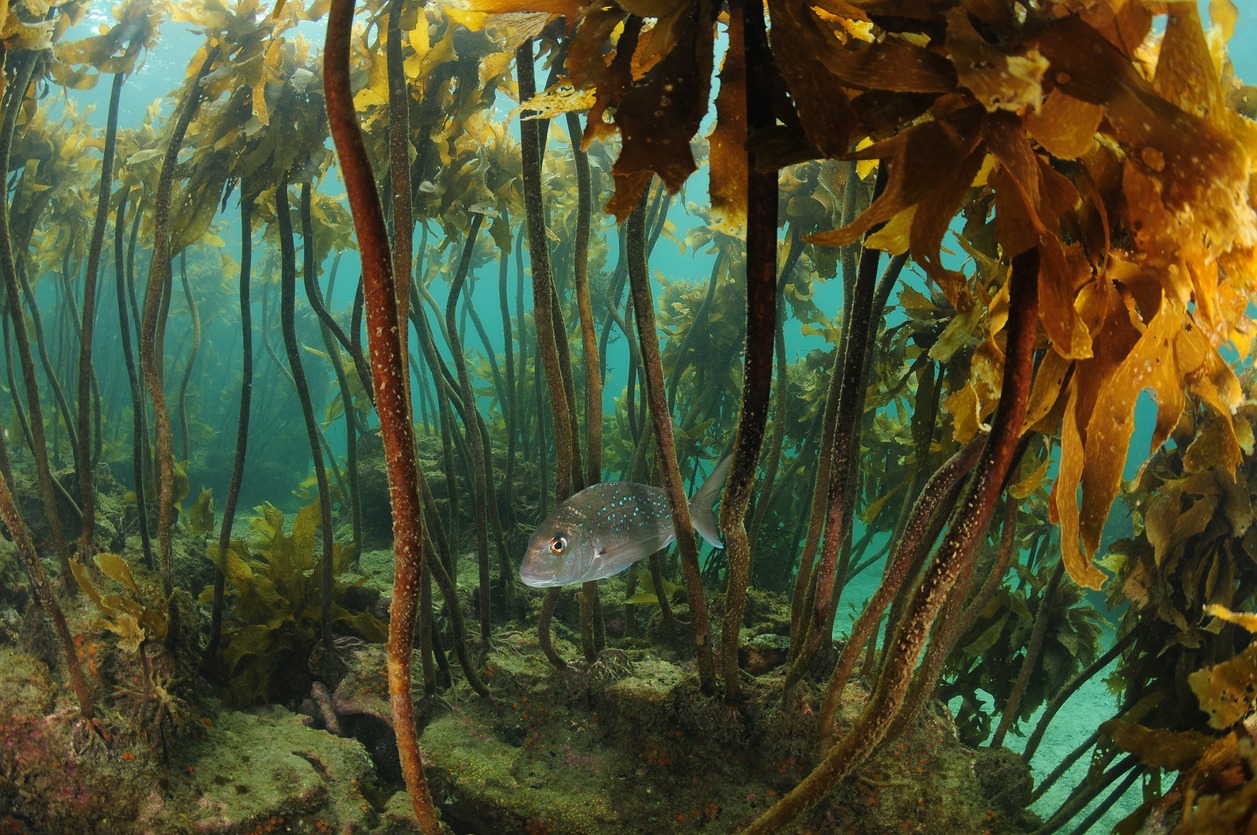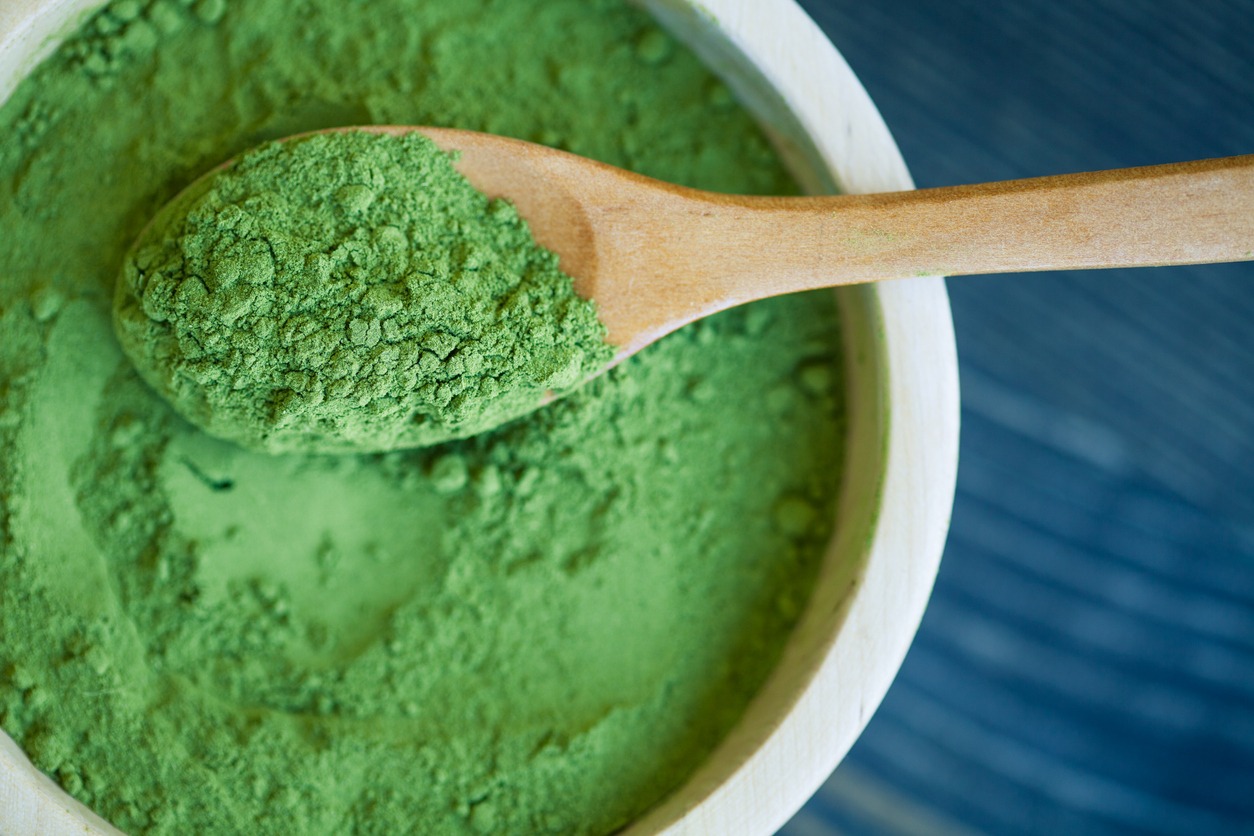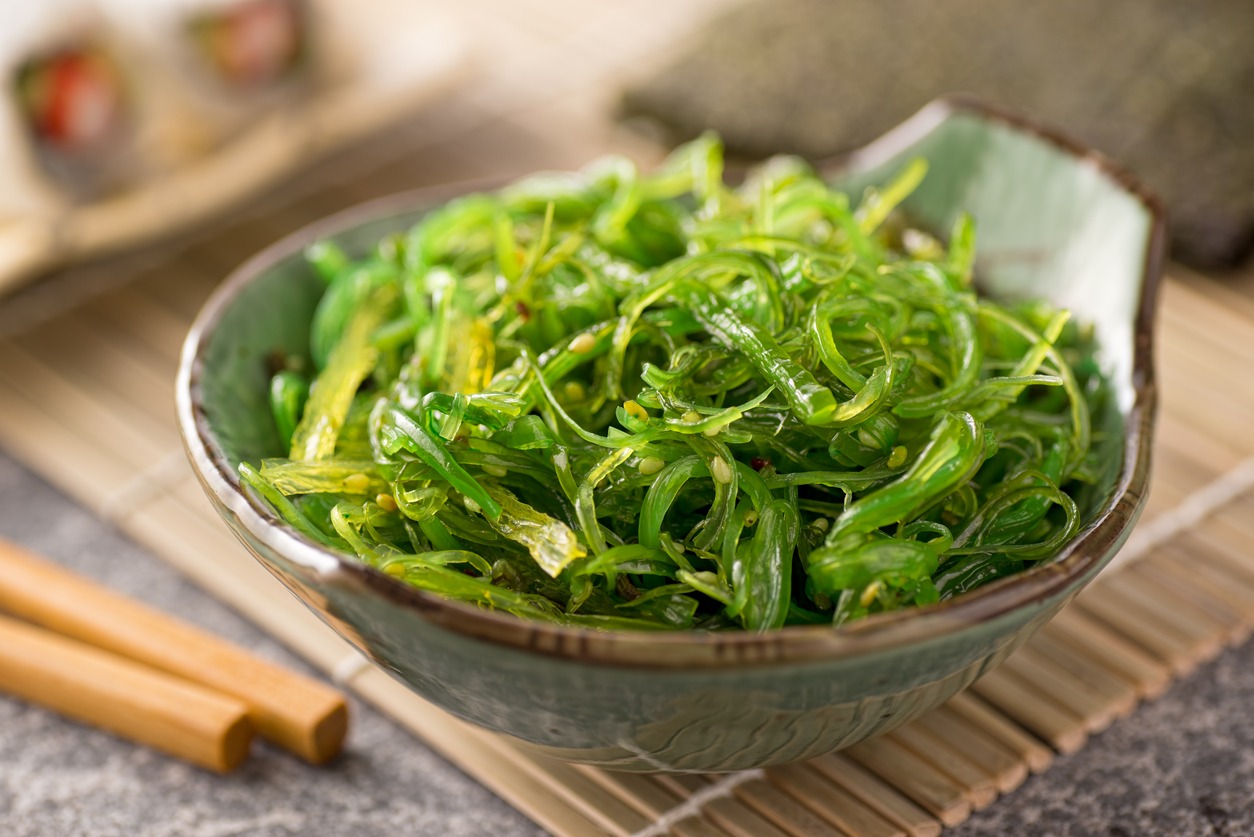Sea vegetables or sea veggies are edible marine algae or more known as seaweed. Most people are familiar with the seaweed used to wrap sushi rolls. But aside from that, there are different varieties of sea vegetables, such as red, green, and brown. Did you know that sea vegetables are bursting with nutrients, and some of which you can’t get from land vegetables? That’s why sea veggies are also considered one of the best raw superfoods you can have today.
Not many people are familiar with how sea vegetables are eaten. If you are wondering where to start with this unfamiliar class of food and how you can enjoy its benefits, you’re in the right place. Today, we will give you more information about sea vegetables, including their varieties and benefits.
What are Sea Vegetables?
Aside from the dried seaweeds that you find in supermarkets, sea vegetables pertain to all edible marine algae. This even includes some of the most primitive life forms on earth. It means that seaweed is just a subset of this vast category.
Sea vegetables may look like plants, but they are not because they do not have a root system. They can absorb nutrients and water directly into their tissues. They can be further classified as red, green, or brown, and you can find them in different versions, such as fresh, dried, and powdered. You can usually buy them in health food stores and Asian markets.
Different Types of Sea Vegetables
Sea vegetables come in many different varieties, and each of them has various nutrition profiles and uses. The most familiar is probably the red algae called nori because it is used as sushi wrap or garnishes. And as it becomes more popular, there are now seaweed snacks, seasonings, oils, and other forms that you can buy in stores. Chefs are also becoming more adventurous with the way they incorporate seaweeds into different meals.
Here are some of the different types of sea vegetables that you can try:
-
Nori
Nori is a briny seaweed that is usually sold in thin, dry sheets. It is either plain or toasted and used to hold sushi rolls together. It is a great seaweed to store in the pantry because it can last a very long time. It can also add instant flavor to any dish because it contains amino acid glutamate. You can use nori in salad dressings and as flavoring to popcorn, ramen, and more.
-
Kelp
Kelp is a large, brown alga that has about 30 varieties. It is colloquially known as seaweed. It is a sea vegetable that you usually feel clinging to your legs when swimming in the ocean. It is also found in thousands of products on land.
One of the versatile components of kelp is algin, which is an ingredient in shampoo, toothpaste, and even ice cream. It is a rich source of nutrients, such as vitamin A, vitamin K, vitamin B-12, iodine, magnesium, and lots of calcium. You can purchase these sea vegetables raw, dried, and even in powder and capsule forms.
-
Chlorella
Chlorella is a freshwater alga that is also a powerhouse food. However, you can only purchase this sea vegetable as a supplement. It’s because its hard cell wall prevents it from being digested in its natural form. Aside from the many health benefits that it shares with other sea vegetables, it is also known to absorb heavy metals in the body, which is good for detoxification.
-
Spirulina
Spirulina is a blue-green alga, which is referred to as the most nutrient-rich food on the planet. It was originally used by the Aztecs and was resurrected by NASA to feed astronauts in space. The main active component of spirulina is phycocyanin, which contributes to the algae’s antioxidant properties. Spirulina contains an incredible amount of high-quality protein that is made up of every essential amino acid, and different vitamins, minerals, and electrolytes.
-
Kombu
Kombu is a seaweed used in a traditional Japanese stock called dashi. It can also be used alone or with dried bonito flakes for miso soup or seasoning liquid in other dishes. You can also mix kombu with beans and other hard-to-digest vegetables like cabbage and brussels sprouts. It contains enzymes that can break down raffinose sugars that produce gas, which is found in many vegetables and legumes.
-
Dulse
Dulse resembles red, leafy lettuce. However, you won’t find it raw because it is immediately dried after harvesting. Dulse is sold as whole-leaf, flakes, powder, or as a seasoning mix. You can use it as an alternative for bacon when making a BLT, and you won’t even tell the difference.
-
Wakame
Wakame is a brown seaweed that is traditionally used in cold salads. It can also be used as a topping on rice, soup, and tofu. It is typically sold in dry form, but you can rehydrate it by soaking it in water for a few minutes. Then, you can toss it in your salad and enjoy its nutrients.
What are the Health Benefits of Sea Vegetables?
If you are wondering why sea vegetables are tagged as raw superfoods, here are some of the health benefits you can get from them:
-
Sea vegetables are a good source of omega-3 fatty acids.
Omega-3s are common in fatty fish, but the fish are getting these from eating sea algae. Therefore, sea vegetables are, in fact, rich in omega-3 fatty acids. They can protect you from different health conditions, especially your cardiovascular health.
-
Sea vegetables support a healthy gut microbiome.
Did you know that sea vegetables have more fiber compared to most fruits and vegetables? Yes, and they can help with digestion and keep things moving. Sea vegetables are rich in prebiotics, which feed the good bacteria in your gut and kills the harmful ones. Aside from that, the fiber in sea vegetables can help bind to cholesterol and escort it out of the body. They can also help you stay full longer, which aids in a healthy diet.
-
Sea vegetables contain beneficial antioxidants.
Sea vegetables are rich in antioxidants, which can prevent free radicals from causing cell destruction and DNA damage. They do this by scavenging free radicals. Aside from that, they also contain specific vitamins, flavonoids, and carotenoids, among many others.
-
Sea vegetables are rich in iodine.
Iodine is important for thyroid health to avoid hypothyroidism, causing a lot of health issues, such as fatigue, weight gain, and goiter. It can also cause complications during pregnancy, affecting brain and bone development. Sea vegetables are an excellent dietary source of iodine, and kombu has the highest content, followed by nori and wakame.
These are some of the different sea vegetables and their health benefits. We hope that the information we shared helped you further understand the benefits that you can get from sea vegetables.
